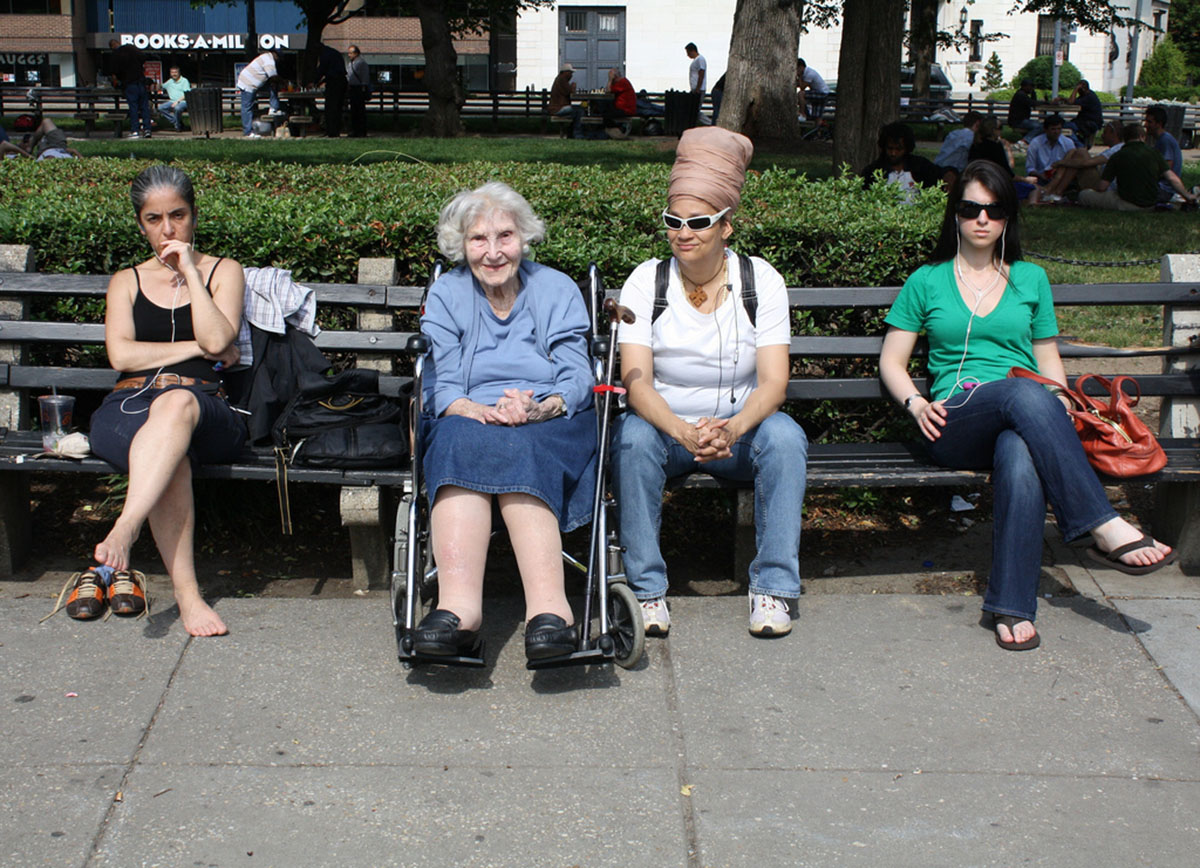Table of Contents
Imagine being mostly bed-ridden, needing help to go to the toilet and to wipe, being unable to shower independently, and never being able to leave the house without assistance. That is just a small glimpse of the reality many of my customers experience on a daily basis. I am a caregiver to elderly and physically disabled people. Some of my customers have depended on others for a large part of their care for most of their lives, while others lived fully independent lives and struggle with the fact that their abilities are declining.

Are you transitioning into caring for a loved-one? That's a tough road to walk, one that's often ridden with worry, anxiety, guilt, and sometimes even resentment. Your new role may have turned your life upside-down overnight. It really is hard, and it's OK to acknowledge that. Your parent, sibling, spouse, friend, or other loved-one is also likely have a hard time with their new reality.
Advocating For Your Loved-One
"Oh no, not again! What have you done?" my elderly mom's caregiver told her when she soiled herself. "Couldn't you have called us earlier?" My mom lived in a retirement home, and needed increasingly involved care as she grew older and weaker. Her Irritable Bowel Syndrome often resulted in messy situations. Yes, cleaning up soiled clothes, bedding, and floors is one of the least pleasant aspects of a caregiving job, but my mom definitely didn't do it on purpose. You may gag, and you may think you're going to vomit, but never for a moment think it's any nicer for the person whose mess you're cleaning up. Scolding someone for a medical problem is degrading. Unfortunately, this happens all too often.
People who are in wheelchairs, for instance, will often find that others address the person pushing the wheelchair, rather then themselves. If they do speak to the wheelchair-using person, I'm often horrified to notice they are using the kind of voice people typically use to talk to pets or toddlers. People with physical disabilities like those resulting from polio meet with the same fate, as do people who appear to be very old. If you're in a caregiving role, you have a powerful role to play in halting that kind of treatment really quickly.
See Also: Assisted Suicide In The Netherlands: A Tale Of Two Women
"Hey, I'm just a manual laborer pushing the wheelchair. The brains are in the chair, so talk to her!" you might jokingly say. If you're caring for a loved-one and come across professional carers who are less than respectful, don't hesitate to do something about it, but do think it through. I work with people who are still living in their own homes, but care homes are often hubs of gossip. You don't want your complaints being taken out on your loved one (yes, it really happens), so voice your concerns in a very careful, respectful manner.
- Photo courtesy of Elvert Barnes via Flickr: www.flickr.com/photos/perspective/6787832121
- Photo courtesy of Mynameisharsha via Flickr: www.flickr.com/photos/mynameisharsha/3286864307


Your thoughts on this